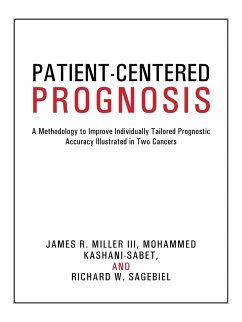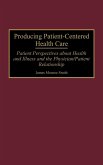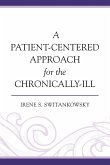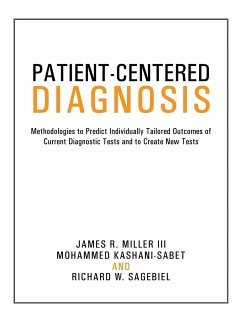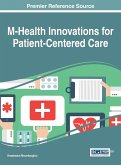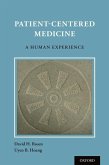Patient-centered prognosis focuses on individual patients. It is a methodology that generates individually tailored probabilistic predictions of a specified medical outcome that a particular patient may experience. Its predictions are based on observable prognostic factors. Because these predictions are both particular-outcome-specific and individual-patient-specific, achieving predictive accuracy poses a formidable challenge. Nevertheless, the patient-centered methodology (PCM) appears to produce more accurate individually tailored patient predictions than current prognostic practice. PCM achieves its greater predictive accuracy by exploiting several analytical devices. 1. It redesigns and retools each successive stage of the prognostic procedure to predict the particular future outcome that the targeted patient could experience. 2. It identifies the existence, the direction, the shape, and the magnitude of each prognostic factor's relationship to the particular outcome as that relationship pertains, specifically, to patients similar to the targeted patient. 3. It relies on internal interrelationships among different prognostic factors and the specified outcome to "fill in" missing observations so that an individually tailored probabilistic prediction is possible, even with incomplete patient data. PCM is applied to 1,222 melanoma patients from the United States and to 1,225 patients from Finland with invasive breast cancer. Substantial improvements in prognostic accuracy are realized in both applications compared to current prognostic practice. Greater accuracy can lead to better treatment selection decisions and to other improvements in patient management. Greater prognostic accuracy can also eliminate unnecessary medical procedures that are frequently both painful and expensive in treating progressive diseases such as cancer.
Hinweis: Dieser Artikel kann nur an eine deutsche Lieferadresse ausgeliefert werden.
Hinweis: Dieser Artikel kann nur an eine deutsche Lieferadresse ausgeliefert werden.

